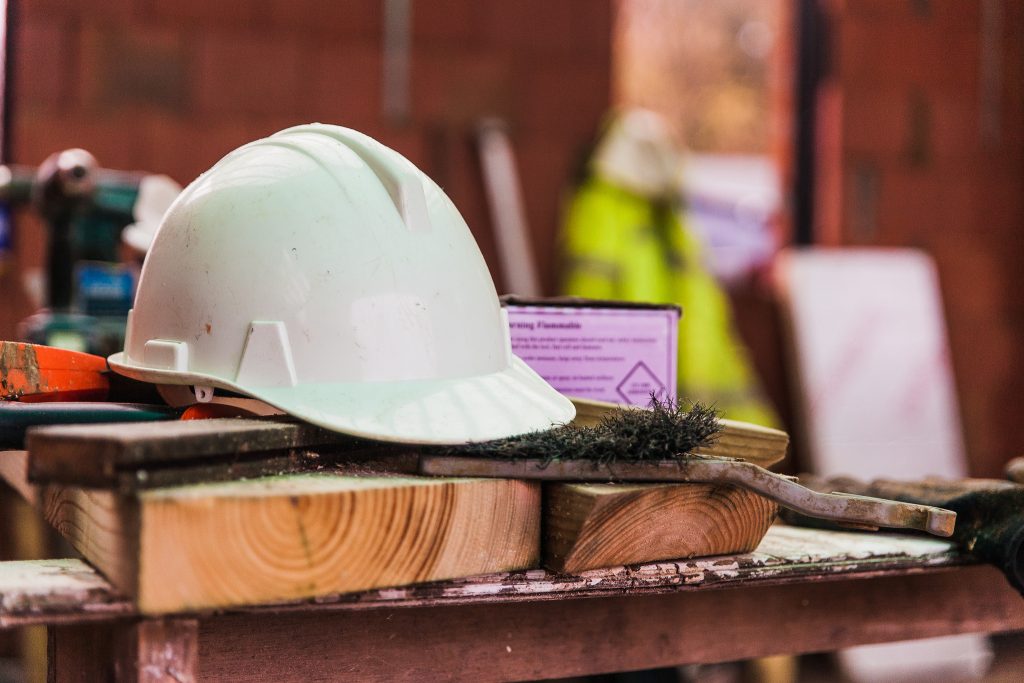Brexit has Positives and Negatives for UK Home Building : The decision to leave the European Union could adversely affect the construction of new homes as many workers are from other countries, it is suggested, but red tape will be reduced.
It seems that overall Brexit has potentially mixed effects for the home building industry. One the one hand many workers are from other EU countries but builders would be free from red tape regarded as holding up construction.
According to Brian Berry, chief executive of the Federation of Master Builders, the UK construction industry has been heavily reliant on migrant workers from Europe for decades.
‘It is now the Government’s responsibility to ensure that the free-flowing tap of migrant workers from Europe is not turned off. If ministers want to meet their house building and infrastructure objectives, they have to ensure the new system of immigration is responsive to the needs of industry,’ he said.
He believes at the same time more must be put into training British people in the skills necessary for the construction industry and that should be done by investing in apprenticeship training.
‘We need to train more construction apprentices so we are not overly reliant on migrant workers from Europe or further afield. That’s why it’s so important the Government gets the funding framework right for apprenticeships,’ he explained.
‘When you consider that this whole policy area is currently in flux, and then you add Brexit into the mix, it’s no exaggeration to say that a few wrong moves by the government could result in the skills crisis becoming a skills catastrophe. It’s only through close collaboration between the government and industry that we’ll be able to overcome these challenges,’ he added.
Jeremy Blackburn, head of policy at the Royal Institution of Chartered Surveyors (RICS) there are questions around the impact on access to a skilled workforce to meet the country’s construction and infrastructure needs.
‘We need reassurance that workforce migration will be addressed as a priority and it must not be allowed to impact on the attractiveness of the UK for investment, or as a place where major corporate and industrial occupiers want to do business,’ he said.
However, John Elliott, managing director of Millwood Designer Homes, believes that Brexit could be good for the house building industry. ‘I am excited to get on with the New World and see the back of EU laws which have been detrimental to us for over 40 years,’ he said.
‘One of the UK’s biggest assets is our home grown housing market and this will now be much better off out of EU regulation. For many years, the EU Habitats Directive has had an unnecessary impact on house building,’ he explained.
‘The mere hint of great crested newts or slow worms on a site, which unlike in Northern Europe where they are rare and given special protection, are prolific in the South East of England can delay building for months as they have to be translocated and caught and taken somewhere else for release,’ he pointed out.
He also pointed out that Special Protection Areas were another ‘misguided’ EU directive and in the case of Ashdown Forest in East Sussex, resulted in a seven kilometre zone where building can only take place if would be builders provide SANGS (Suitable Alternative Natural Green Spaces). However, according to conservationists, this is detrimental to the Forest as it will destroy the flora and fauna.
‘Most recently the EU’s Mortgage Credit Directive effectively means that no housebuilders are able to lend money to buyers unless they register as a regulated financial adviser. When times are difficult, this has been a traditional way for house builders to help buyers overcome mortgage down valuations and other issues, and keep the market moving,’ he added.
Jan Crosby, head of housing at KPMG UK, acknowledged that any labour constraints brought in could reduce the availability of foreign workers on construction sites, currently a relatively large source of labour for the industry.
But added; ‘Our exit from the EU will stop the continual flow of red tape and see our housing market grow and flourish without unnecessary constraints placed on building much needed new homes; working towards creating a better future for Britain’.


